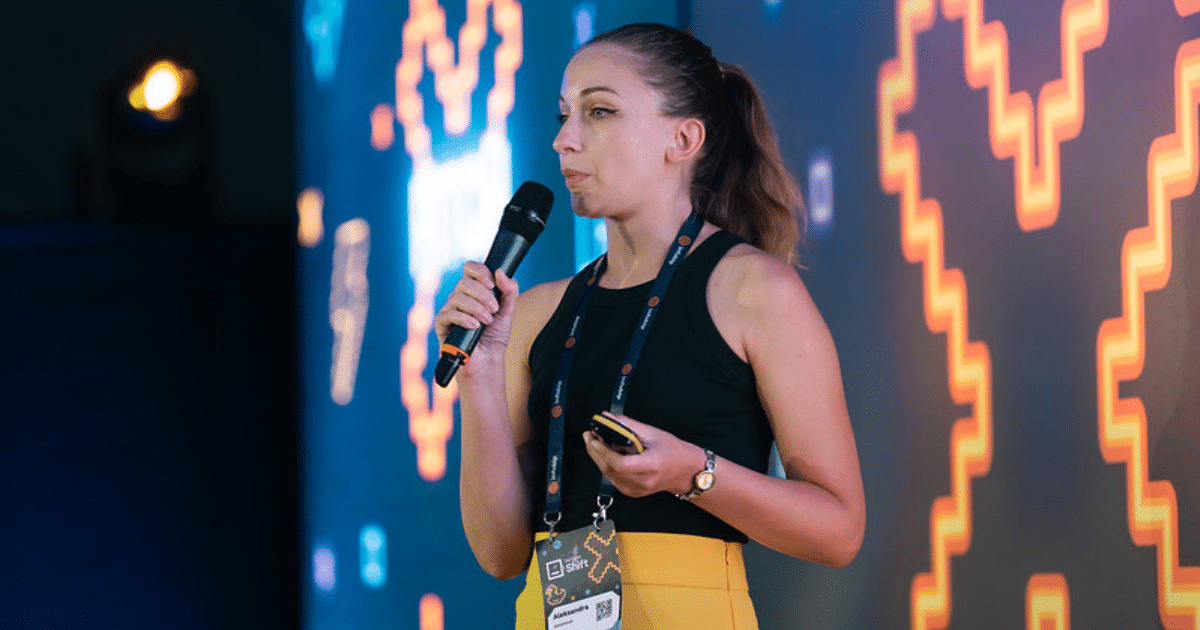5 tips to get female speakers for your next tech conference


Gone are the days of “all-male panels” and tech conferences featuring one lonely female speaker. Or, even worse, none at all. However, the recent scandal, discovered by Gergely Orosz, involving made-up female speakers at an otherwise pretty reputable developer conference reveals gender inclusivity is still a struggle when it comes to tech conferences.
It doesn’t matter if the fake female speakers were featured on the conference web as a deliberate action by the organizer for the conference to appear gender inclusive while not or just an unfortunate incident indicative of the struggles conference organizers face when trying to feature female speakers. In any case, it seems that tech conference organizers could still benefit from some wisdom from our colleagues from Shift Conference, whose list of speakers includes 40% women, and they still strive for more.
Make an effort
Although Shift does not publicly communicate its diversity goals, the organizers aim for female speakers to make a minimum of 40% of the conference agenda, with their target being 50%. Nikola Radisic, Team Lead at Shift, says:
We are pleased to say that 40% of our speakers, MCs, workshop holders are women, although achieving this was a bigger challenge than expected.
So, his first advice for conference organizers would be to make it a commitment and make an effort by actively reaching out to potential female speakers and offering a variety of formats in which to take part.
We also follow the rule of “no all-male panels,” but by now, it’s not something we consciously enforce; it’s already a habit.
Offer a variety of formats
We offer different presentation formats – talks, workshops, and panels, allowing speakers to choose what suits them the best, says Nikola. Some speakers, especially the first-time ones, may be uncomfortable presenting by themselves but feel OK participating in a panel or holding a workshop.
Look beyond the most popular speakers
Also, we make sure to always be open to first-time speakers. And, of course, we look beyond the bumber of Twitter followers or similar numbers. It’s not a popularuty competition, and a massive following is not required to speak at Shift.
Speakers, just apply!
When it comes to speakers, Nikola says that there are definitely more great female speakers out there than speaking applications submitted. So, he says – just apply (call for proposals are open, both for Shift Miami and Shift Europe).
Companies, develop your speakers
Nikola would also advise companies to work more internally on developing engineers’ public speaking skills, which can also be a factor preventing some women from submitting sessions. He says that investment will surely pay off, both in terms of developing employees’ skills and as an investment in the company’s public image.
Shift’s example clearly shows that while tech conference organizers have to make an effort to consider gender inclusivity consciously, it pays off in the years to come. It stops being an effort and becomes a habit, and the conference gets a good reputation and attracts diverse speakers. Let’s hope no tech conference has to make up female speakers ever again.



